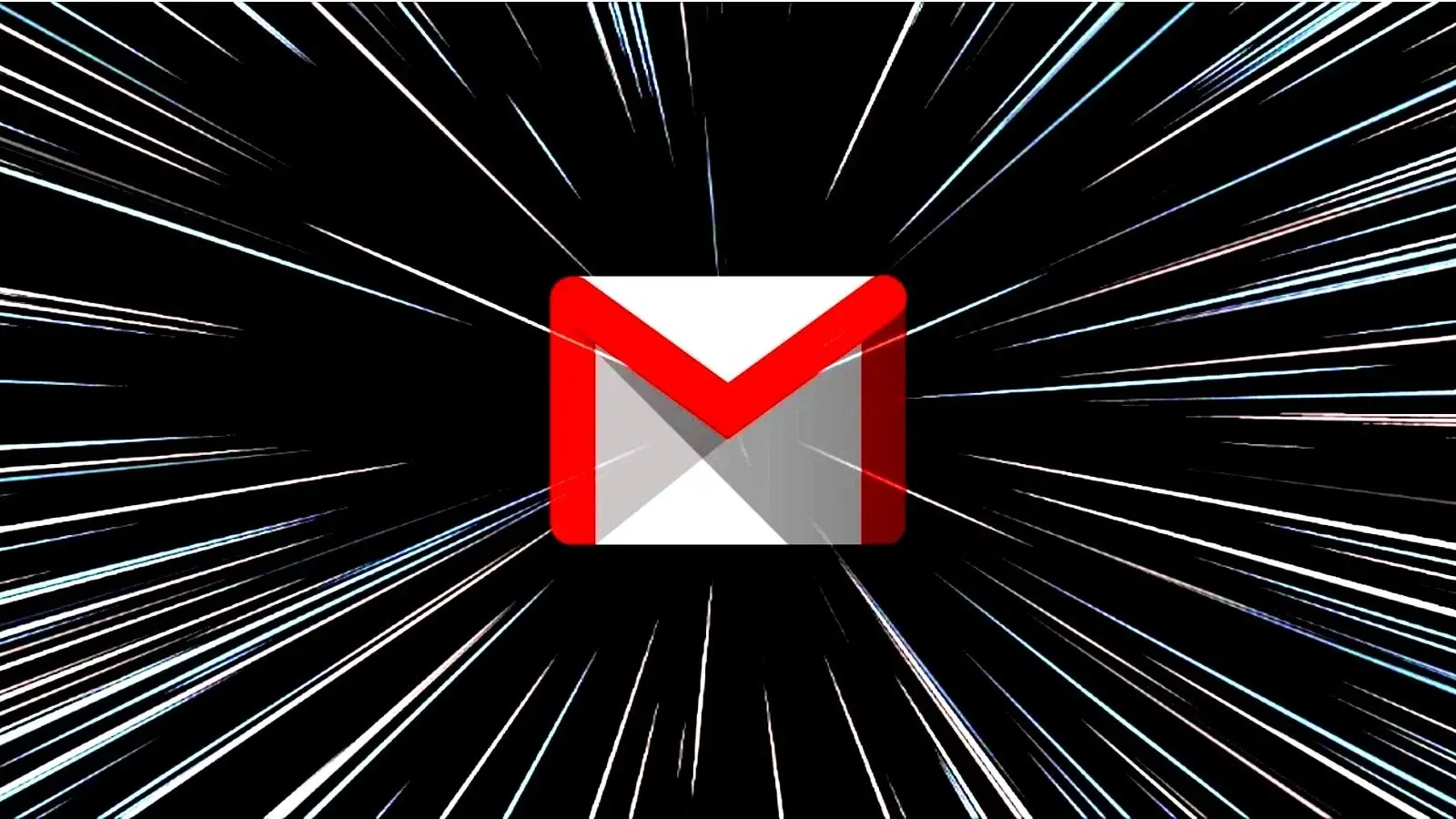The difference between the two security features is that Safe Browsing will compare a visited site to a locally stored list of domains, compared to Enhanced Safe Browser, which will check if a site is malicious in real-time against Google’s cloud services.
While it may seem like Enhanced Safe Browsing is the better way to go, there is a slight trade-off in privacy, as Chrome and Gmail will share URLs with Google to check if they are malicious and temporarily associate this information with your signed-in Google account.



My Gmail address receives a ton of spam, so I’m quite heavily dependent on Google’s spam filtering to keep it usable. How is Proton when it comes to spam filtering? Their documentation makes it sound like you have to do it yourself by setting up address-based filters, but I don’t think this would be effective given the amount of randomly-sourced stuff that pours in all the time.
I found that it does well with actual full on spam in the form of unsolicited mass mails. If there’s anything I’ve subscribed to, it does just dump it into the inbox until I tell it to do otherwise. So mostly decent. I feel like it might be benefiting from their spam sorting but not from the promotional tag.